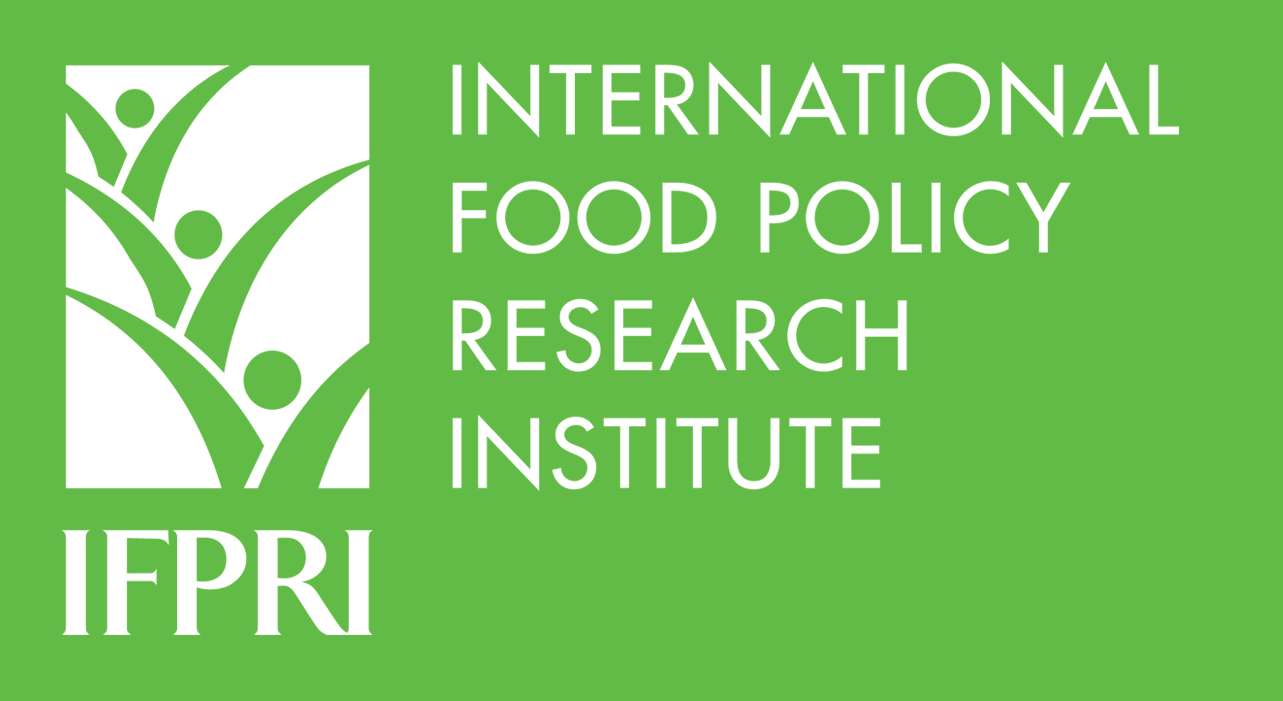Food Security of Marginalized and Vulnerable Littoral Areas of Southeast Asia
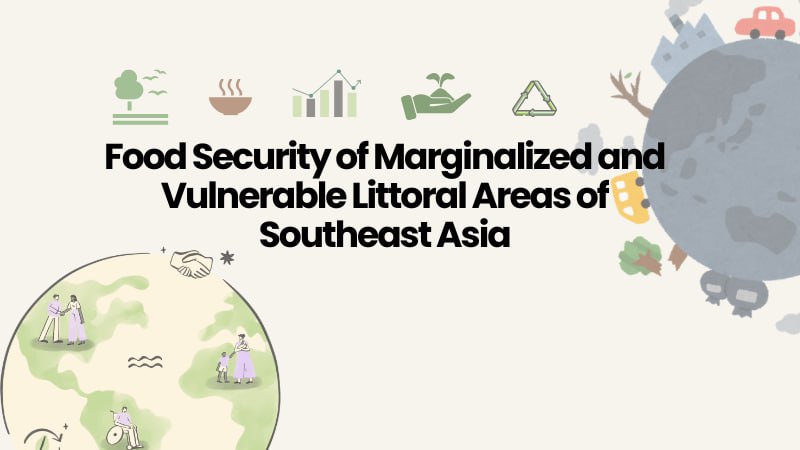
Feed the Future Innovation Lab for Food Security Policy Research, Capacity, and Influence (PRCI) is a project funded by USAID to enhance the ability of local policy research organizations to conduct high-quality food security policy research and influence food security policy more effectively while becoming increasingly self-reliant. Since 2019, PRCI in Southeast Asia has done research and provided policy forums including climate change policy process, sustainable food system policy forum, agri-food system policy analysis and communication of common agri-food policy issues and challenges. Despite achievements in establishing a solid network of research institutes committed to sustainable food system analysis in Southeast Asia, there remains imitated high-quality and reliable evidence, cross-country research that could amplify evidence to address common regional issues, and localization that catalyzes and supports local agri-food policy changes.
Recognizing
these gaps, CDRI is proud to be a participant in the PRCI Southeast Asia. This
project brings together regional research partners, coordinated by Kasetsart
University, to translate common agri-food challenges particularly climate
change, migration, agroecological stress, remote geography, and food security
in littoral areas across Southeast Asian region into evidence-based policy
action and impacts through agri-food system research. This project will enhance
localization by listening to the voices of community leaders and integrating
local communities into the process of uncovering evidence specific to local
challenges of marginal and vulnerable littoral areas often overlooked by a
national lens.
Project Objective
1. To identify
cross-country research issues and challenges to ensure food security in
selected marginalized and vulnerable littoral areas of Cambodia, Malaysia,
Thailand, Vietnam (with possible extension to Brunei Darussalam, Indonesia,
Papua New Guinea, Philippines)
2. Provide analytical tools
and generate research
evidence from research questions identified from Objective 1 by local researchers
3. Engage
community leaders and stakeholders in the research and dissemination process
4. Influence
local and regional policy by effectively communicate research evidence
Project Members
Other Projects
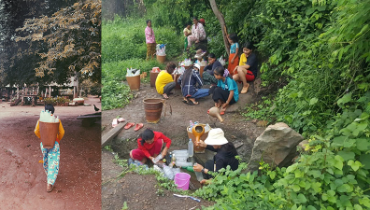
Cambodia Gender and Inclusive Development Analysis...
This study aims to fill this gap in research by conducting a Gender and Inclusive Development Analysis (GIDA) combining qualitative and quan...
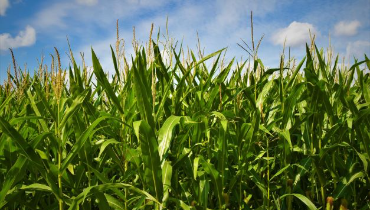
Cambodia's Agri-Food Trade: Structure, Challenges,...
From the early 1990s, Cambodia’s agricultural food trade was seen as exports of raw materials and unprocessed primary commodities to neighbo...
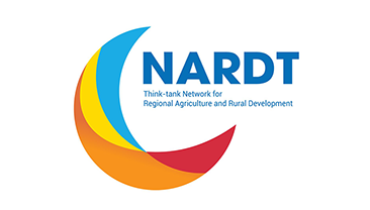
Network for Agriculture and Rural Development Thin...
The Network of Agriculture and Rural Development Think-tanks (NARDT) project is designed to form a consortium with flexible cooperation mech...
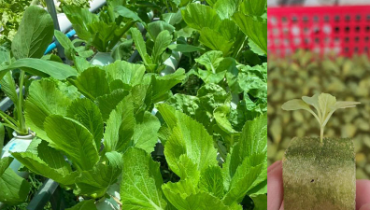
On-farm Food Safety in Horticulture in Cambodia: T...
Despite being an agrarian economy, Cambodia imported vegetables approximately 70 percent of the total domestic consumption because the com...







